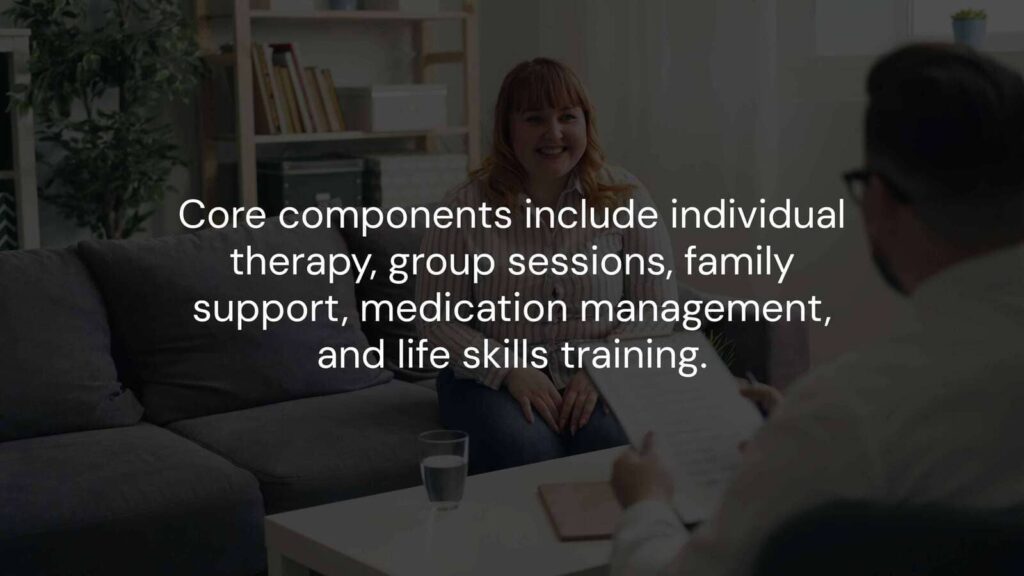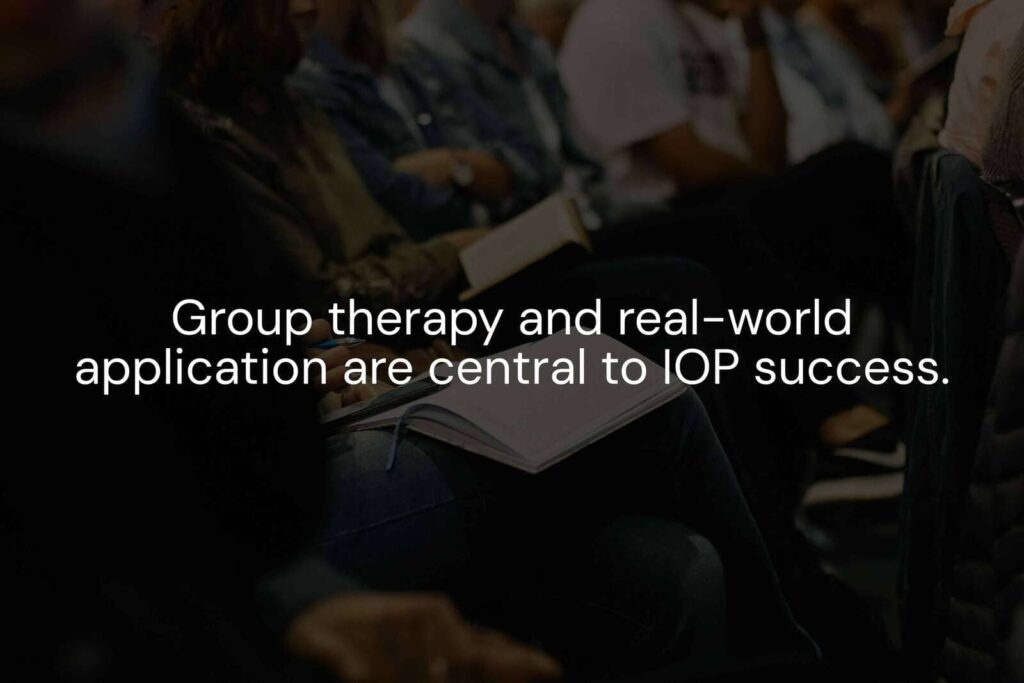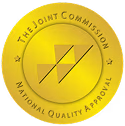Understanding the Purpose of IOPs
An intensive outpatient program, or IOP, is designed to help people recover from substance use disorders while maintaining their daily responsibilities. Unlike residential treatment, participants do not live at the facility. Instead, they attend scheduled therapy sessions several days per week, often totaling 9 to 15 hours. The purpose of an IOP is to provide structured support, therapy, and accountability in a flexible format that allows patients to continue working, attending school, or caring for family.
The structure of an IOP balances intensity with independence. Patients receive multiple forms of therapy, including individual counseling, group sessions, and educational workshops. At the same time, they are challenged to practice recovery skills in the real world outside of treatment hours. This dual approach makes IOPs one of the most practical and effective levels of care for people who do not require 24/7 supervision but still need more than traditional outpatient counseling.

The Daily and Weekly Schedule in an IOP
A typical IOP runs three to five days per week, with each session lasting two to four hours. Schedules are usually set up to accommodate work and school commitments, with options for daytime or evening sessions. Weekly hours are divided among individual therapy, group therapy, and additional recovery activities.
For example, a patient might attend group therapy three evenings a week for two hours each, plus one weekly individual counseling session. Another might attend a daytime program four mornings per week for three hours each, with additional educational workshops on relapse prevention or coping skills. This flexible scheduling makes IOPs accessible to people who cannot step away from daily life but still need focused support.
Core Components of IOP Treatment
Several core elements make up the foundation of an intensive outpatient program. While each facility may vary in its offerings, most IOPs include the following components:
- Individual counseling: Patients meet with a licensed therapist to work through personal challenges, explore underlying issues, and create recovery goals. These one-on-one sessions are essential for addressing the root causes of addiction.
- Group therapy: Groups are the backbone of IOPs, offering peer support and accountability. Patients share their experiences, learn from others, and practice communication skills in a safe environment.
- Family therapy: Addiction affects loved ones as much as it affects the individual. Many IOPs invite family members into counseling sessions to rebuild trust, improve communication, and strengthen support networks.
- Medication management: For patients who need medication-assisted treatment (MAT), IOPs provide monitoring and adjustments to prescriptions such as buprenorphine, methadone, or naltrexone. This helps manage cravings and withdrawal symptoms.
- Skill-building workshops: Educational sessions teach stress management, relapse prevention, time management, and healthy coping strategies. Patients also learn practical skills such as communication and boundary-setting.
Together, these components ensure that patients receive a well-rounded approach to treatment that addresses both psychological and practical aspects of recovery.

The Role of Group Therapy in IOPs
Group therapy is often considered the heart of an IOP. Patients meet in small groups led by a licensed counselor to discuss challenges, progress, and strategies for staying sober. These sessions provide accountability because patients know they will share their weekly experiences with peers. Group members also benefit from hearing how others handle similar situations, which reinforces problem-solving skills.
Group settings also create a sense of belonging, which is critical for people who feel isolated due to addiction. Many patients find that peer support motivates them to stay engaged in recovery. This sense of community is one reason group therapy in IOPs is so effective.

Flexibility and Real-World Application
One of the unique features of IOPs is that patients can immediately apply the skills they learn in treatment to their daily lives. For example, someone who practices communication techniques in a group session can test those same strategies at work or home the next day. This immediate application strengthens learning and reinforces accountability.
The flexibility of an IOP also allows patients to continue meeting life’s responsibilities while progressing in recovery. Parents can still care for their children, employees can continue working, and students can keep up with schoolwork. This balance of treatment and independence makes IOPs practical and sustainable for many individuals.
Benefits of Participating in an IOP
Participating in an intensive outpatient program offers several advantages:
- Accessibility: Evening and weekend options make it possible for people with busy schedules to receive care.
- Affordability: IOPs typically cost less than inpatient rehab while still providing structured treatment.
- Support networks: Patients gain access to a supportive community of peers facing similar challenges.
- Continuity of care: IOPs are often used as step-down programs for people leaving inpatient treatment, ensuring a smoother transition.
- Long-term success: Regular engagement in therapy increases accountability and reduces the risk of relapse.
These benefits highlight why IOPs are such an important part of the treatment continuum.
Challenges Patients May Face in IOPs
While IOPs offer many benefits, patients may encounter challenges. Balancing treatment with daily responsibilities can be difficult, especially for those with demanding jobs or family obligations. Some may struggle with temptation because they are not removed from their home environment as they would be in residential treatment.
These challenges underscore the importance of a strong support system. Patients who combine IOP with aftercare planning, ongoing therapy, and supportive relationships are more likely to succeed.
Related Topics in the IOP Series
What Is an Intensive Outpatient Program?
This article explains what IOPs are, who they serve, and why they are a valuable part of the addiction recovery continuum.
How Long Do Intensive Outpatient Programs Last?
The length of an IOP depends on the patient’s needs, but most last 6–12 weeks. This article explores the factors that influence program duration and what patients can expect.
Takeaway
An intensive outpatient program provides a structured yet flexible path to recovery. Patients participate in individual counseling, group therapy, family sessions, and skills training while continuing to live at home. The balance of accountability and independence makes IOPs accessible, effective, and sustainable. By engaging fully with the program and building strong support systems, individuals can use IOPs as a foundation for lasting recovery.





.png)
